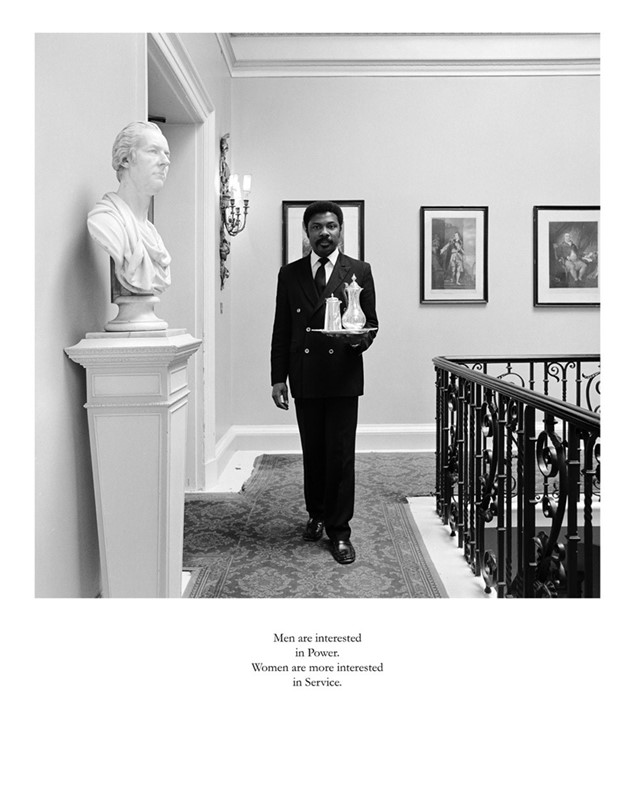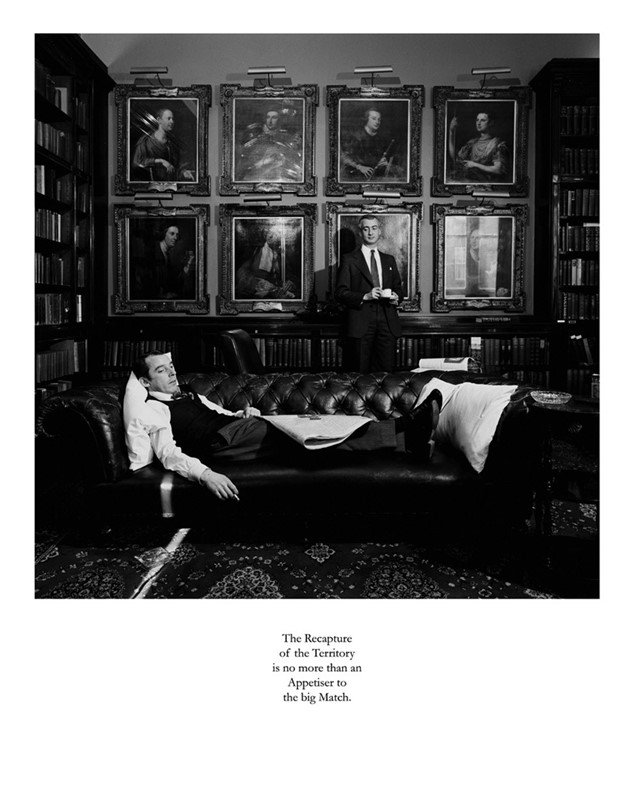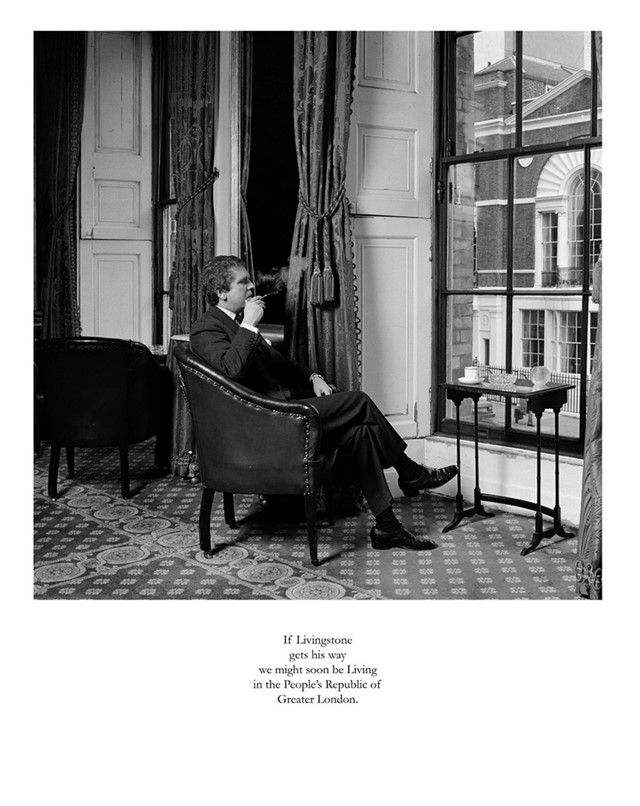A cutting new book from photographer Karen Knorr takes us inside the hallowed halls of some of London's most prestigious gentlemen's clubs
The world of Karen Knorr’s Gentlemen feels familiar. In both the early 80s, when the photographs were taken, and today, a woman is prime minister, an unpopular war is being waged and the working class is striking, marching, yelling their discontent. Beyond the mahogany-panelled walls and plush carpets of Piccadilly and St James’s, Britain is changing, but within these well-appointed rooms, the roar of protest is muted. These gentlemen are safe from the clamour of Brexiteers, Falkland War protesters and junior doctors. As women, neither Thatcher nor May would be welcome. Calm reigns. Tea is stirred. Men doze.
All is not perfect. Standards have fallen – “newspapers are no longer ironed. Coins no longer boiled.” There are constant reminders of global greatness diminished, an empire lost. But by and large, life continues as before within these centuries-old enclaves of power. Elected thanks to a complex hierarchy of family, school and whether one adds ice or water to one’s whiskey, members are identified by their well-cut trousers, stiff upper lips and uniform maleness.

Conceived as a playful yet pointed pastiche of a uniquely British system, the images, beautiful in their poise and detail, reveal “an inward looking paradise…a living museum”, filled with relics of the past. They are paired with poetic captions of Knorr’s invention, lines that blend contemporary speeches from the houses of Parliament with the Boys Own spirit of Kipling, Buchan and Verne. The tone is affectionate, yet Knorr’s Gentlemen have gained teeth with time – sharpened by newspaper stories of Bullingdon Club cavorting and reports that the road to Brexit was hastened by handshakes between old Etonians.
“Tradition is picturesque,” Knorr points out, but it is also dangerous. More than thirty years on, “things have not changed much for women. There is still no gender parity. The patriarchy is still calling the shots.” In these clubs, time and isolation has burnished traditions to give them the shine of truth – without challenging voices, the established way becomes the right, the only way. “Men are interested in Power,” a caption proclaims. “Women are more interested in service.” But, Knorr is asking, if women can’t get into the room to argue, how can it ever change?

Karen Knorr: Gentlemen is out now, published by Stanley/Barker.
